With the news coming, somewhat inevitably you feel, that Ascension of the Watchers is now ‘officially’ the main artistic focus of vocalist Burton C. Bell after his schism from Dino Cazares became a more solidified state of affairs this year, the appearance of Apocrypha, the band’s second full-length album in what is already a fifteen year-plus association, develops something of a heightened importance.
Has Burt backed the right Nag? Well, that rather depends on your taste in horseflesh, obviously, but the bald facts of the matter are that even if he hasn’t, commercially, then artistically the answer to that question must be a resounding yes. The band get the metal out of the way on opening track Ghost Heart, where clanging guitars set the backdrop, but after that this is Burton in far more laid back action, emoting his introspective tales of of love and life against a shifting soundscape provided by his songwriting touchstone John Bechdel and producer/drummer Jayce Lewis.
At it’s best – the yearning title track, for instance – you’d be hard-placed to find anything to complain about. Bell is at his best with a soaring chorus to get his teeth into, and, if Apocrypha doesn’t quite take to the wing as gloriously as you’d hope, it remains the sort of track wherein the vocalist finds his bread and butter – a goosebump inducing tour de force.
However moments like this don’t make themselves known too often over the course of the album; rather the trio opt for a generally uniform sound where peaks and troughs of emotion occur infrequently; washes of sound ebb and flow, sparse drums powering an overall mood that tends to reverie rather than rambunctiousness. A Wolf Interlude recalls the umbric torpor of Fields of The Nephilim, but for the most part this isn’t ‘goth’ music in the accepted sense of the term. The heavily processed Honoree, for instance, carries a whiff of the distracted majesty of Robert Smith in it’s brittle, semi-singsong musical phrasing, but Bell’s delivery is too full-blooded to sustain that foppish Englishness to it’s logical conclusion. The result doesn’t exactly feel forced, but it can’t be comfortable to be wedged between two stools quite so firmly…
Ironically the Killing Joke stylings of Stormcrow appear to make the most sense, sonically, Lewis setting up a pounding backbeat for Bechdel to employ some fine eighties-inspired riffage… with not a vocal in sight. Normal service is resumed on Cygnus Aeon, but the second half of the album, robbed of the element of surprise harboured by the first, doesn’t carry quite the impact. Key to the Cosmos suffers from a slightly fey opening but recovers strongly to become the album’s other main highlight, and the biggest shock of the album is revealed on the final track, wherein the band undertake a very individual reading of Terence Trent D’arby‘s eighties soul classic Sign Your Name. Long time Terence fans (should any of them find themselves listening to an AotW album, obviously) may well be horrified by the band’s treatment of the song, but there’s no denying they make it their own and it does somehow end the album without simply sounding like an awkward add-on.
That’s testament to the skill of this trio, obviously, and, if this album isn’t quite the earth-shattering addition to the Burton C. Bell canon that I hoped it would be, then there’s still a fair amount to enjoy on Apocrypha.
Apocrypha releases on October 9th.
You can read Alice Kyteler‘s chat with Burton C. Bell about the new album HERE


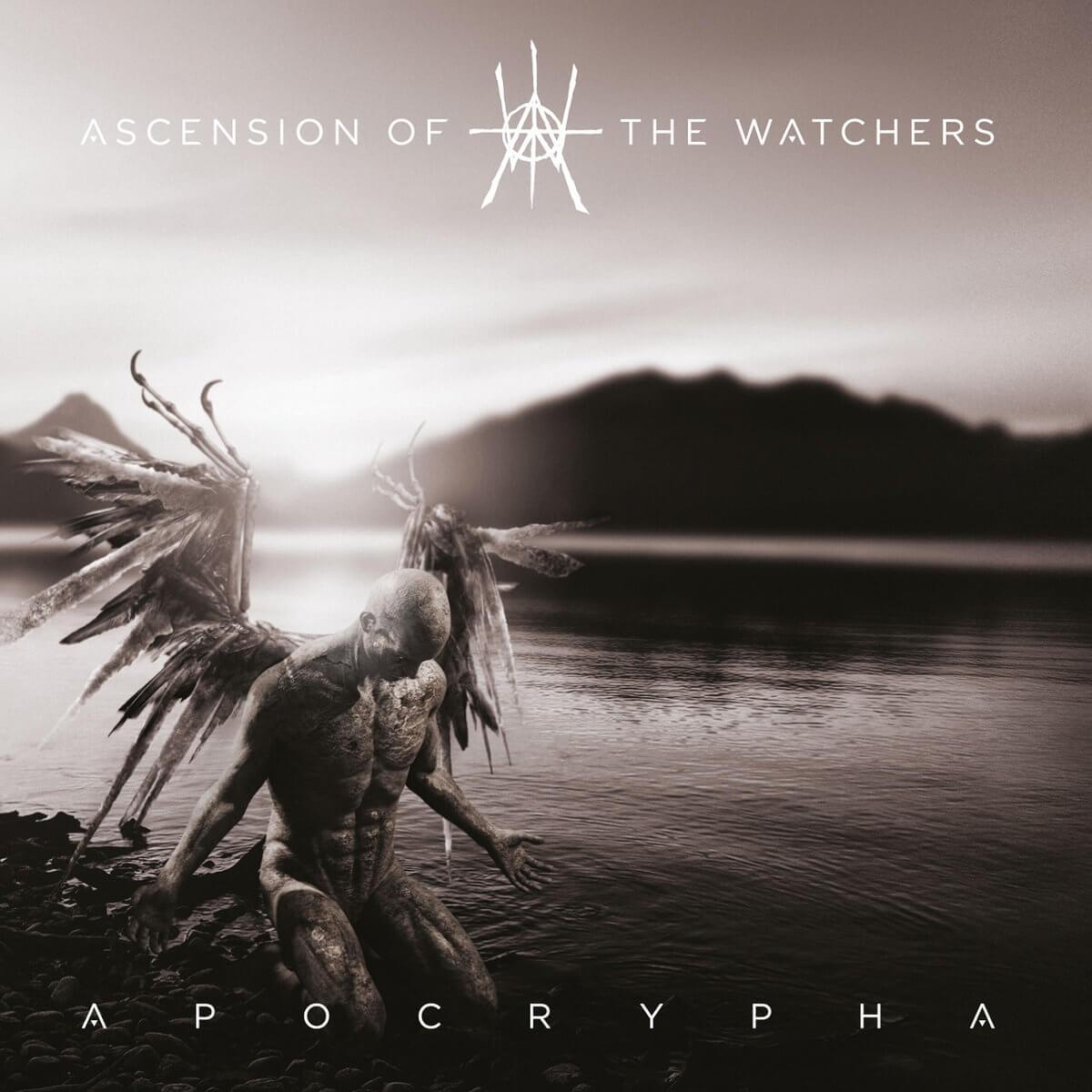
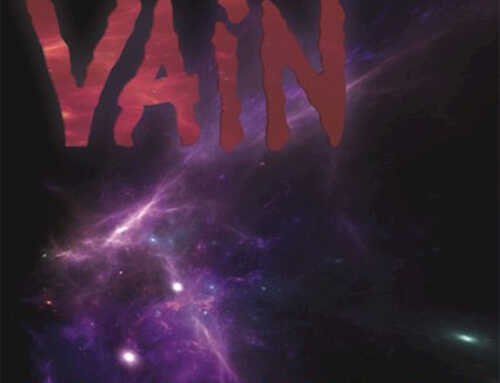

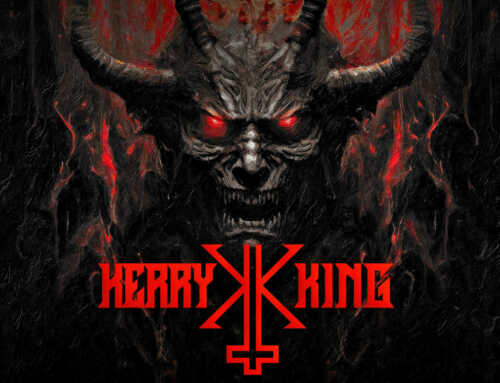
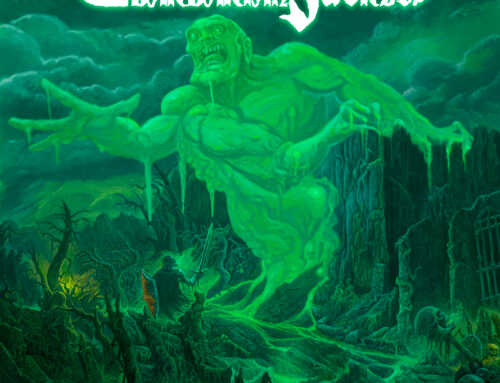
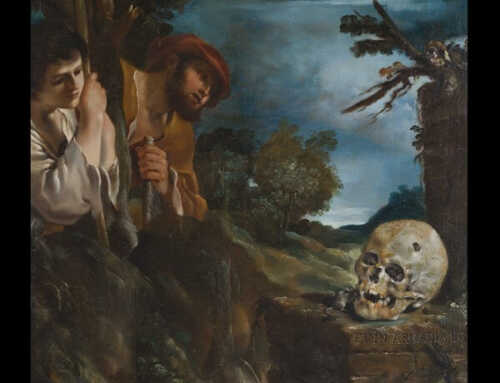
Leave A Comment